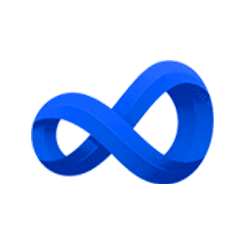If you’ve ever wanted to study a university level subject, but have been put off by the cost, there are now alternatives out there. And, many of these are supported by well known higher education brands and offer access to lectures and other materials for free.
iTunes U has been around for a while now and provides access to content from the likes of Oxford, Stanford and Yale. It’s a reworking of an old iTunes concept where lecture recordings could be made available through iTunes.
iTunes U packages up the content in a neat app (ideally accessed through an iPad), potentially providing a better learning experience. It’s possible to access archived content, or to sign up to follow courses along live (often the same ones that real students are paying for at those institutions).
Coursera is a newer competitor in the free education marketplace and supported by universities including Princeton. The courses are differentiated from those on iTunes U by largely being created exclusively for the site (of course, these often repurpose content that an educator would already be using with their own students).
The Coursera subjects tend to be shorter than those on iTunes U (6 to 8 weeks are common) and rely more on students following on along live with the course. Many of these have areas where support is available (either through the tutor, or peer support with other students). There can also be assignments and certificates awarded for completion.
The big disadvantage for both of these types of courses is that they do not carry university credit. So, they don’t offer an alternative to attending a university where a recognised qualification is needed. However, for many people, particularly visual learners, this disadvantage will be outweighed by the free nature of the resources.
For potential Computer Science students, these can offer a method to get familiar with supports prior to the start of a course. They also allow students to cover areas which are not included in their course (no Computer Science course can cover everything), which can offer an advantage in the job marketplace. They may also be useful to students looking to expand into a new area for a Final Year Undergraduate Computing Project.
Current Computer Science students may also find these useful, as they can offer an alternative way to approach different subjects which they are currently studying. The different presentation styles and examples can help students who find a particular subject difficult, or can help to stretch students who want to develop more advanced skills in a particular subject.
Computer Science tuition is well represented on Courses A. Some of the upcoming courses offered include such staples such as algorithms, logic, compilers, human computer interaction and artificial intelligence. There are also novel areas available, such as web intelligence and social network analysis, as well as the opportunity to pursue areas of personal interest, such as Internet history and e-learning.
When added to the different subjects available through iTunes U, these resources are worthy of a full exploration.
